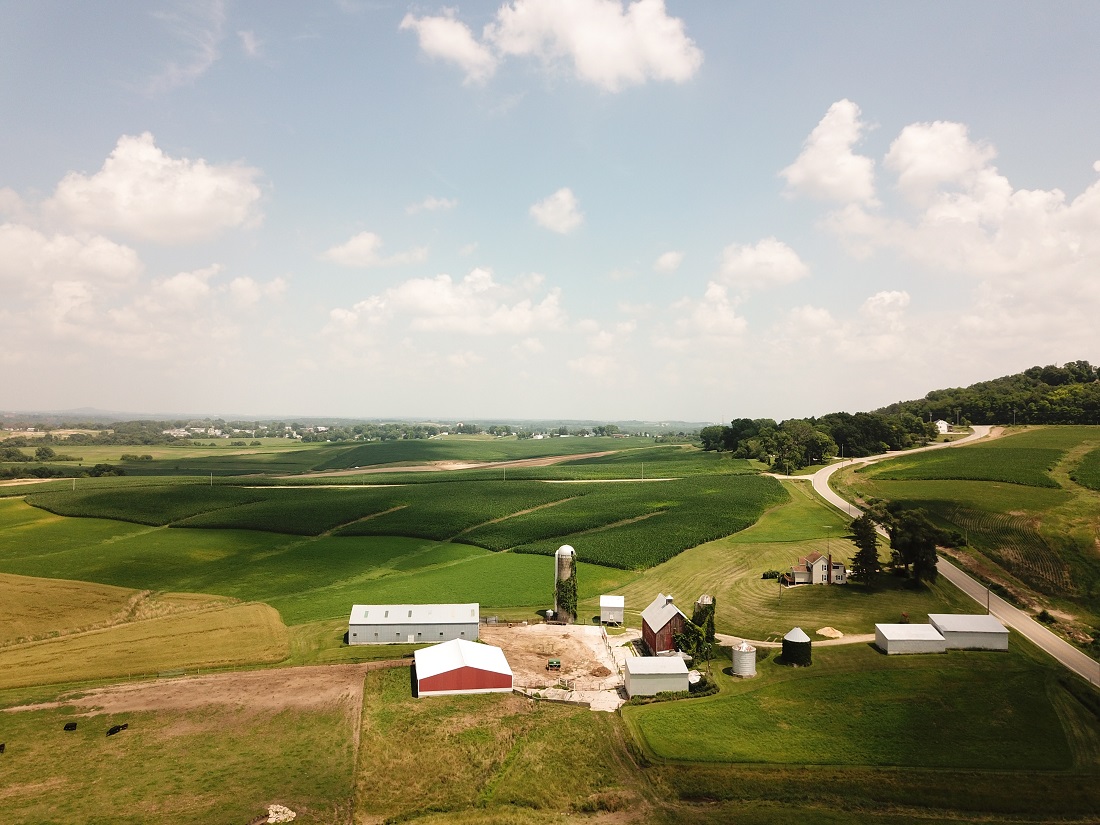Federal Government Aims to Curb Labour Shortage in Rural Canada With Immigrant Job Program
In an effort to combat labour shortages in rural Canadian communities, the federal government is launching a pilot program to find permanent homes and jobs for immigrants outside of the major cities.
Under current federal immigration programs, 78 per cent newcomers that come to Canada settle in big cities like Toronto, Montreal and Vancouver.
Even though many of these immigrants are highly skilled and educated, finding work they are qualified for in larger cities can be incredibly difficult.
The new Rural and Northern Immigration Pilot aims to help immigrants find work outside of the urban centres, and create welcoming environments for them in rural communities, while also curbing labour shortages in these rural areas.
The communities selected to participate in the pilot are:
- North Bay, Ontario
- Sudbury, Ontario
- Timmins, Ontario
- Sault St. Marie, Ontario
- Thunder Bay, Ontario
- Brandon, Manitoba
- Rhineland/Plum Coulee /Gretna/Altona, Manitoba
- Moose Jaw, Saskatchewan
- Claresholm, Alberta
- Vernon, British Columbia
- West Kootenay, British Columbia
Each was selected based on their economic need for immigration, the resources and community partners they had in place to help carry out the program, and whether the federal government already had existing newcomer settlement partners and resources in the community.
Collectively, the selected communities represent a sample of the regions across Canada to help plan a blueprint for the rest of the country.
The program will be driven by the communities themselves, meaning that they must identify what job opportunities are available, match applicants to jobs, assess prospective candidates, provide a welcoming community for immigrants, and connect immigrants to established members of the community and settlement services.
In West Kootenay alone, the project is expected to bring in 250 immigrants to help fill nearly 1,000 job vacancies by next year.
In order to be eligible, candidates must find employment and be endorsed by one of the participating communities.
Once the community endorses a candidate, they can apply for permanent residence. Once permanent residence is granted, they can move to the community and start working.
The government will start working with the 11 selected communities during the summer months to help identify potential candidates for permanent residence as early as fall 2019. However, the federal eligibility criteria that outlines who can apply for the program has not yet been made public.
It’s expected that newcomers will start arriving in the communities under the pilot program by 2020.
Share this article
Arghavan Gerami
Arghavan Gerami is the Founder and Senior Counsel at Gerami Law Professional Corporation ('PC'), a full-service immigration law firm in Ottawa, Ontario. Since 2011, Ms. Gerami has focused her practice on immigration and refugee litigation. Prior to that, Ms. Gerami worked at the Ministry of Attorney General and the Department of Justice and had the privilege of serving the Honourable Mr. Justice M. Evans at the Federal Court of Appeal on immigration and administrative law appeals. Ms. Gerami contributes to the Immigration Law Section of the Canadian Bar Association, the Canadian Association of Refugee Lawyers, and the United Nations High Commissioner for Refugees. Ms. Gerami has also published numerous journal articles and presented at various immigration and refugee law conferences and events across Canada.

